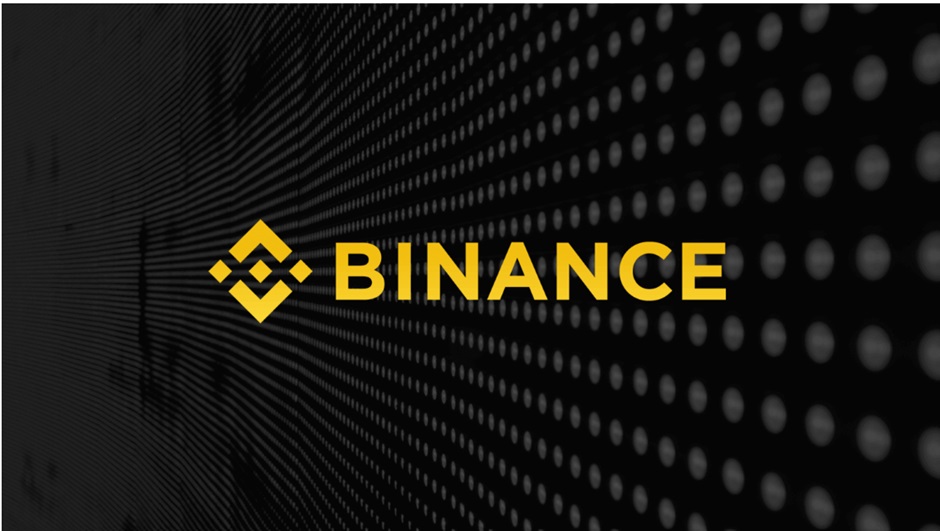Binance, the world’s largest cryptocurrency exchange by trading volume, finalized its long-delayed acquisition of South Korean crypto platform Gopax, receiving key regulatory approval from the Financial Intelligence Unit (FIU).
This move ends a regulatory standoff that began over two years ago and positions Binance for a full re-entry into the South Korean market, which it exited in 2021 amid tightening compliance rules.
Binance first acquired a majority stake reportedly 67% in Gopax in February 2023 as a rescue effort. Gopax, one of only five licensed exchanges in South Korea authorized for cash-to-crypto transactions, faced a liquidity crisis earlier that year when its DeFi partner, Genesis Global Capital, froze around $47 million in user assets tied to the GoFi product.
Binance’s initial investment aimed to compensate affected users and stabilize the platform. Full control was stalled due to concerns over anti-money laundering (AML) risks, exacerbated by Binance’s global legal battles, including a $4.3 billion U.S. settlement in 2023.
South Korea’s FIU paused reviews in 2023 but resumed them in August 2025, approving Gopax’s executive changes — effectively vetting Binance as the controlling shareholder — late on October 15.
With the deal now complete, Binance gains operational control of Gopax, enabling integration of its advanced trading tools, global liquidity, and support services. Terms of the final acquisition weren’t disclosed, but it builds on Binance’s prior 41-67% ownership.
South Korea boasts one of Asia’s most active retail crypto scenes, with high trading volumes driven by strict investor protections like mandatory real-name verification. The market is dominated by local giants: Upbit (Dunamu): ~63% of trading volume, Bithumb: ~32%.
Gopax’s share is minimal, but Binance’s involvement could inject competition, potentially eroding the duopoly and introducing innovations like better liquidity and institutional tools. This aligns with South Korea’s evolving regulations, including upcoming spot crypto ETFs and won-pegged stablecoins, under a crypto-friendly administration led by President Lee Jae-myung.
The approval may encourage other global players like Coinbase or OKX to pursue local partnerships, fostering a more mature, compliant ecosystem. Binance has not yet commented officially, but the move underscores its post-settlement focus on regulatory adherence in key markets.
South Korea has one of the most robust and stringent cryptocurrency regulatory frameworks globally, balancing investor protection with market innovation. Oversees financial policies, including crypto-related regulations, through its Financial Intelligence Unit (FIU).
Financial Intelligence Unit (FIU): Directly responsible for supervising crypto exchanges, ensuring compliance with anti-money laundering (AML) and counter-terrorism financing (CFT) rules. The Ministry of Economy and Finance, Korea Communications Commission, and regional authorities like the Seoul Metropolitan Government.
Under the Special Financial Information Act (SFIA), amended in March 2020 and enforced since March 2021, all crypto exchanges, wallet providers, and custodians must register with the FIU. Requirements include: Obtaining an Information Security Management System (ISMS) certification.
Partnering with a licensed bank for real-name verified accounts to facilitate won-based trading. Compliance with AML/CFT obligations, including customer due diligence (CDD) and suspicious transaction reporting.
Only five exchanges — Upbit, Bithumb, Coinone, Korbit, and Gopax — currently hold licenses to offer cash-to-crypto trading due to these strict requirements. Unregistered platforms face penalties or shutdowns.
Since 2022, South Korea has enforced the FATF Financial Action Task Force travel rule, requiring VASPs to share sender and recipient information for crypto transactions above a certain threshold aligned with global standards, typically ~$1,000 USD.
These rules have limited the number of operational exchanges, as compliance costs are high, and unregistered platforms risk severe penalties or closure. Crypto gains are not yet subject to a specific capital gains tax, but this is under review.
A proposed 20% tax on crypto gains was delayed from its initial 2022 implementation due to market and political pushback. The government aims to implement a low-value asset exemption gains under 2.5 million KRW ~$1,800 USD may be tax-free to encourage retail participation.
Corporate crypto holdings are already subject to corporate income tax. VASPs must report user transactions to tax authorities, with stricter enforcement expected by 2027 under new virtual asset taxation laws.
All crypto trading accounts must be linked to verified bank accounts to prevent fraud and anonymous trading. Exchanges are required to store a significant portion of user assets in cold wallets to mitigate hacking risks.
Unlike bank deposits, crypto assets are not insured, but the government encourages VASPs to maintain reserve funds for user compensation in case of insolvency or hacks. Strict penalties for pump-and-dump schemes, insider trading, and other manipulative practices, enforced by the FSC and Korea Fair Trade Commission.
The FSC is exploring regulations for won-pegged stablecoins, with guidelines expected in 2026. Issuers must hold 100% reserves in cash or liquid assets and register as VASPs.
The Bank of Korea is piloting a digital won, with trials ongoing in 2025. The CBDC aims to complement, not replace, existing crypto markets, focusing on cross-border payments and financial inclusion.
Projects issuing tokens must register with the FSC, providing whitepapers and financial disclosures. In early 2025, South Korea approved spot Bitcoin and Ethereum ETFs, a significant shift from its cautious stance. These ETFs are traded on the Korea Exchange (KRX) and are subject to strict oversight.
The FIU’s approval of Binance’s acquisition of Gopax in October 2025 signals a more open stance toward compliant foreign players, provided they meet stringent AML/CFT standards.
South Korea is strengthening ties with global regulators to combat crypto-related crime, which may lead to more cross-border compliance requirements.
